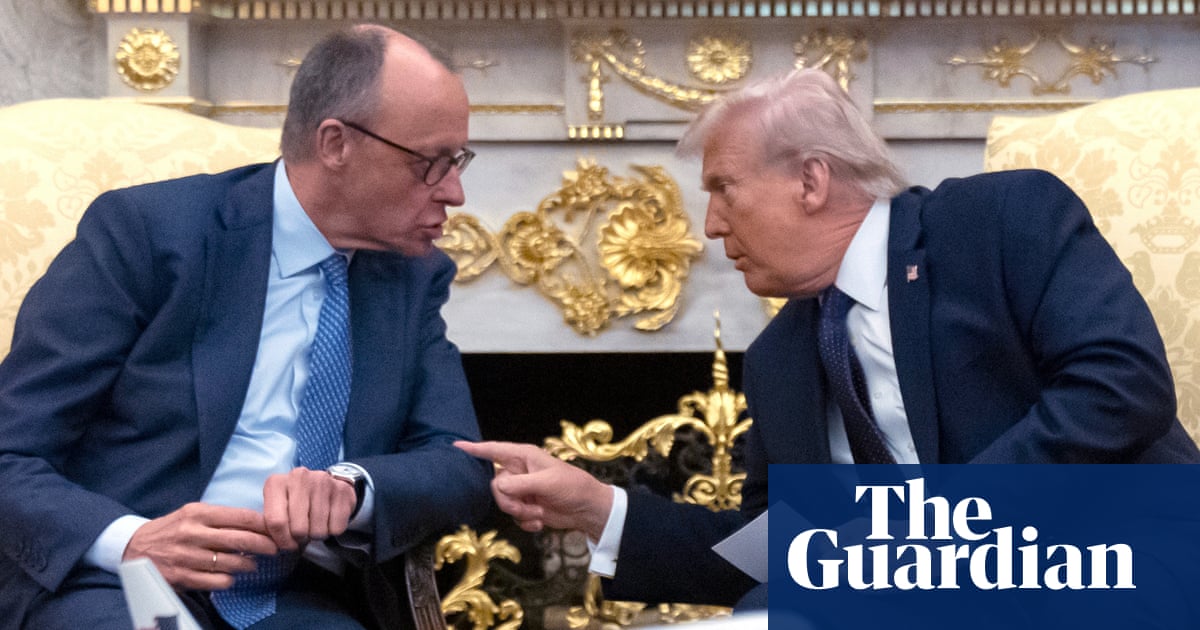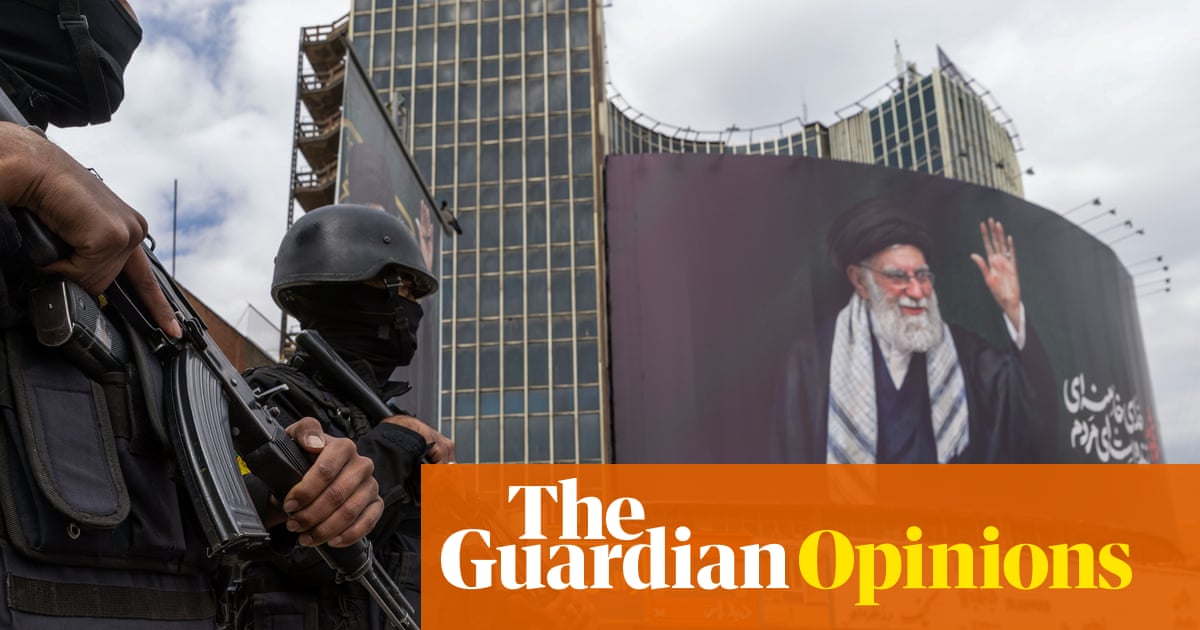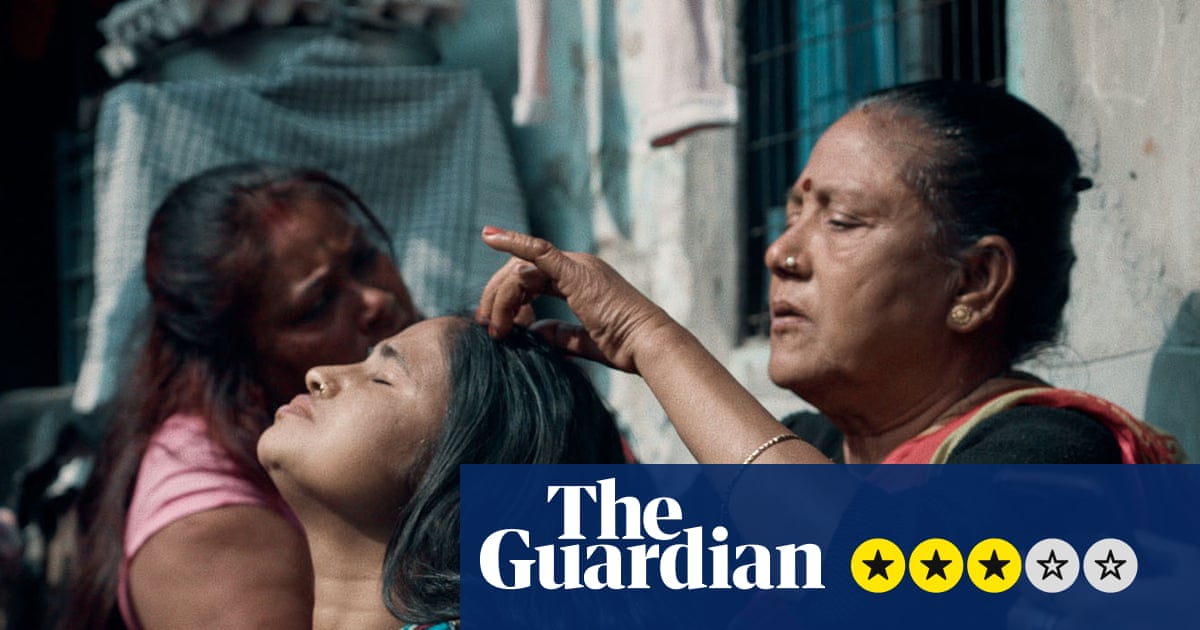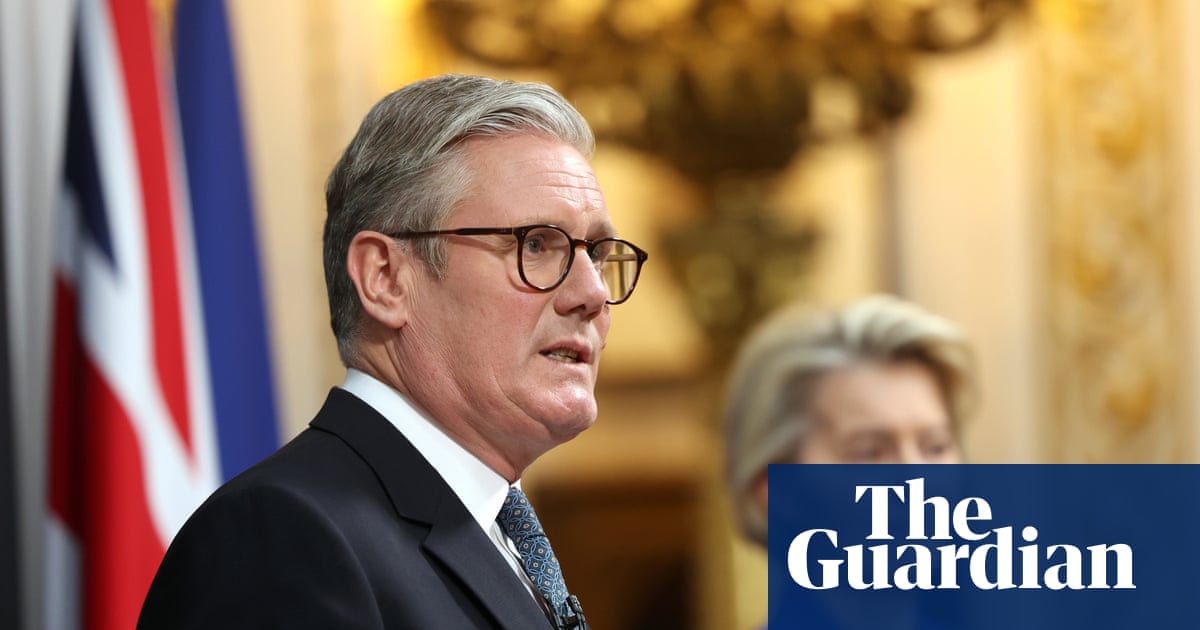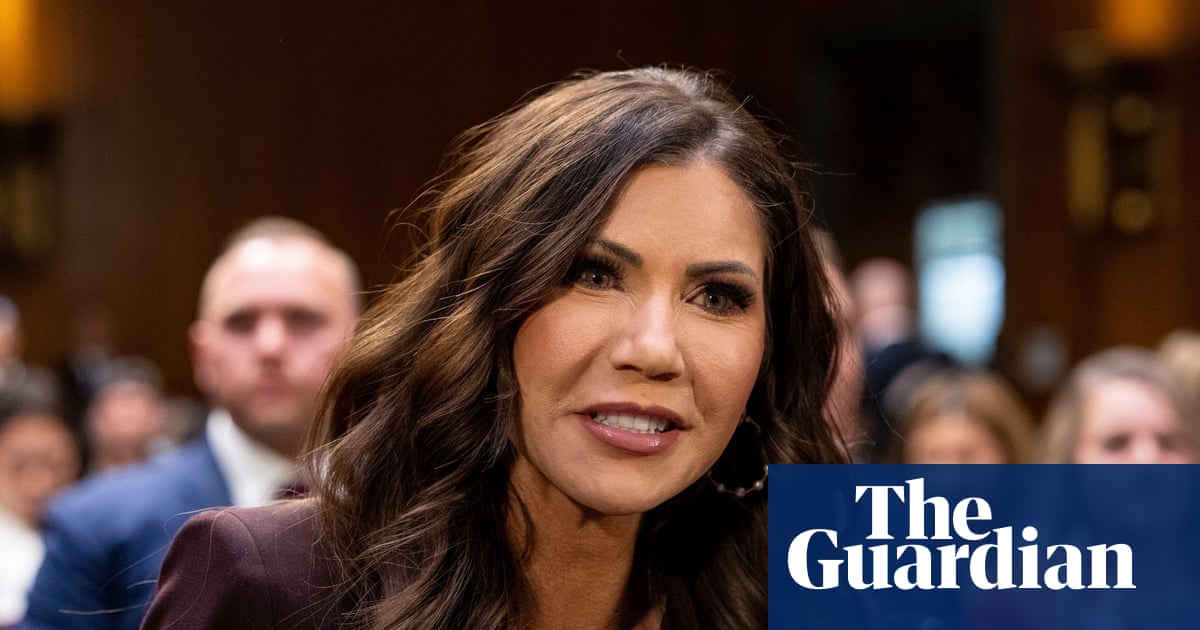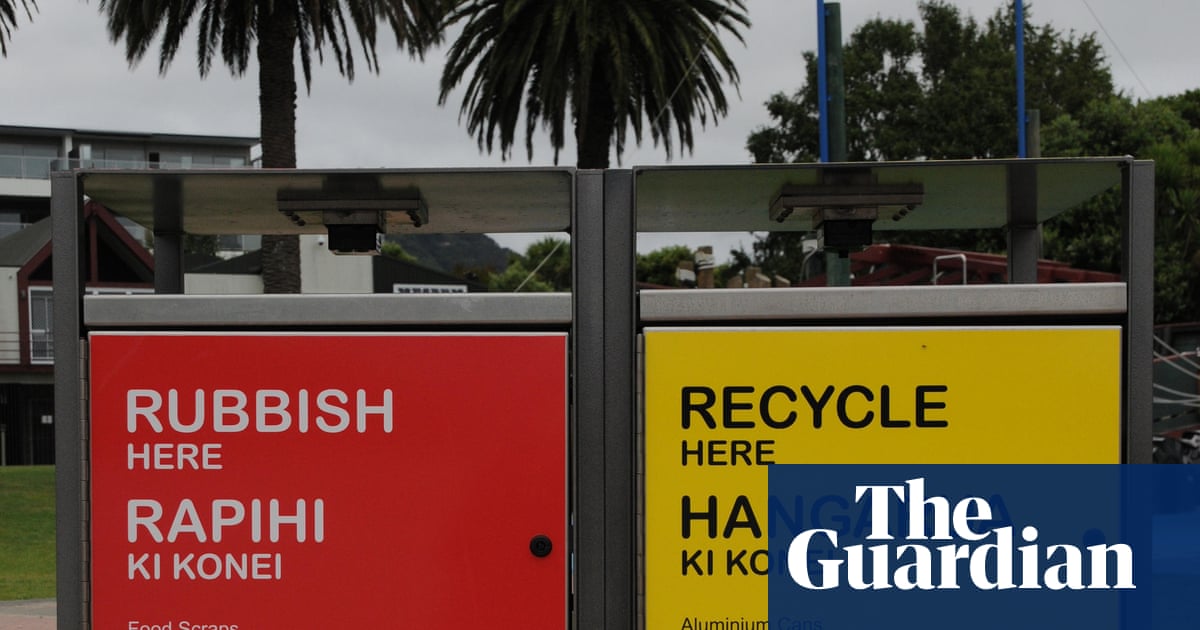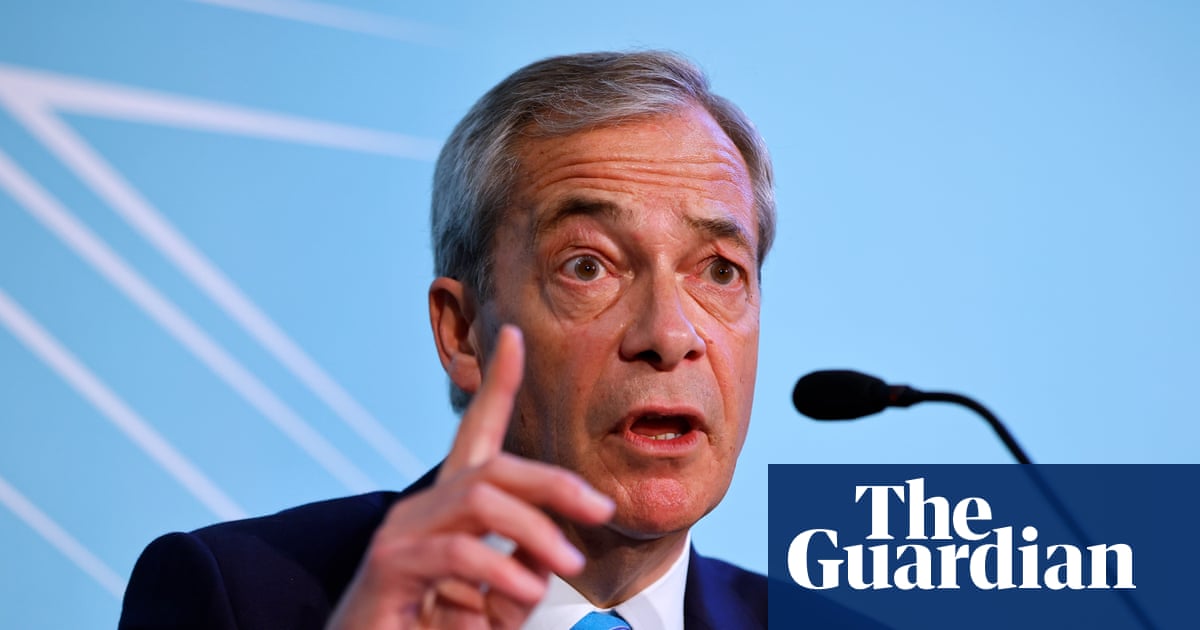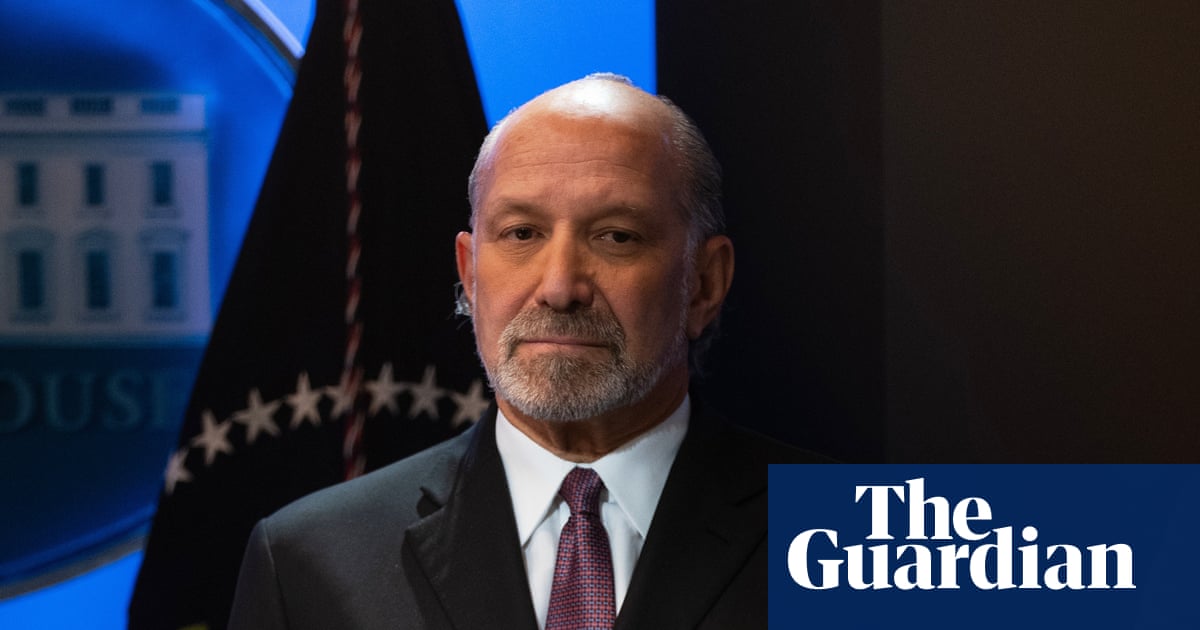André Corrêa do Lago, the president of the Cop30 climate conference, is right to suggest that enthusiasm for combating climate change is draining away in richer countries (Report, 10 November). And it’s not just governments. The Organisation for Economic Co-operation and Development’s latest report on corporate governance and sustainability suggests that the issue is losing ground in boardrooms.
We are not going to achieve the transition to a sustainable future quickly enough when only 8% of global patents are green. Innovation in climate and environmental technologies, which must be the foundation of a credible transition, is simply not happening quickly enough. Without stronger incentives for green research and development, and sharing the fruits of that work, the current trajectory risks locking firms into incremental rather than transformative change.
The OECD did report a welcome rise in board sustainability committees, and more companies now include sustainability performance metrics in executive pay packages. However, the evidence around their effectiveness remains limited. These governance mechanisms are likely to be largely symbolic unless backed by measurable outcomes and genuine integration of sustainability into strategic decision-making.
This takes on an even bleaker hue when it is remembered that the data-gathering for the OECD report largely predates Donald Trump’s return to the White House in January.
Early research around his administration’s impact concluded that while only a minority of companies are explicitly scaling back their environmental efforts, greenhushing is on the rise, and several climate initiatives have collapsed. We are at a critical juncture. If these trends persist, global efforts, including through the Cop process, to accelerate the climate transition might not only slow down, but go into reverse.
Sonia Falconieri
Professor in corporate finance, Bayes Business School
Re your report (Tussles break out between protesters and security at Cop30 in Brazil, 12 November), my daughter-in-law is attending some sessions with Indigenous groups at the Cop30 meeting, supporting my granddaughter, who is translating, and explains that some of the anger was because access to the Blue Zone was restricted to those who had passports, and of course many Indigenous leaders do not have passports – nor are they required to do so in their own country.
I’m told that the Brazilian government had tried to get this rule waived by the UN for certain sectors, but without success. No wonder “Nothing about us without us” still needs to be said forcefully.
Pat Ready
Welling, London
I am delighted to see officials at Cop30 getting behind a global forest fund (How could Tropical Forest Forever fund proposed at Cop30 tackle deforestation?, 6 November). Will they also seek to both explain and maybe offset the enormous damage wrought in the name of Cop30 by the building of a new four-lane highway straight through the jungle to Belém to ease transport to the event?
Pete Lavender
Woodthorpe, Nottinghamshire

 3 months ago
75
3 months ago
75

